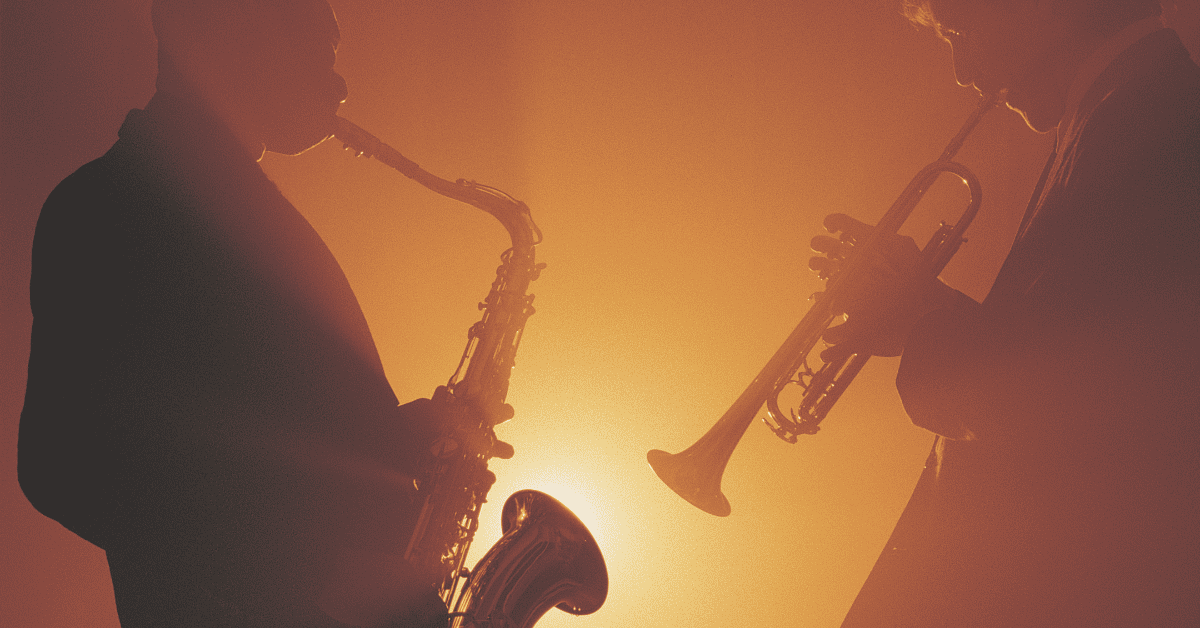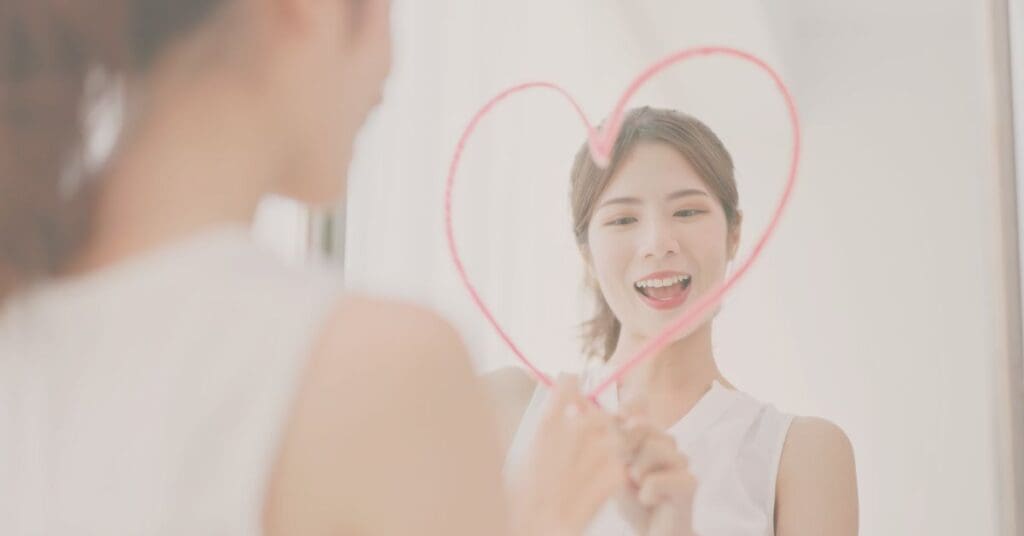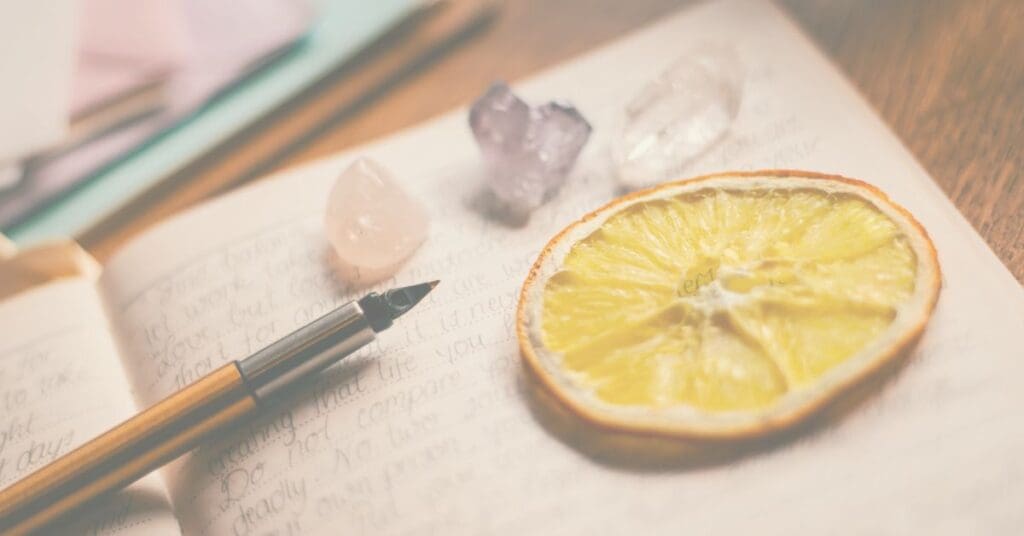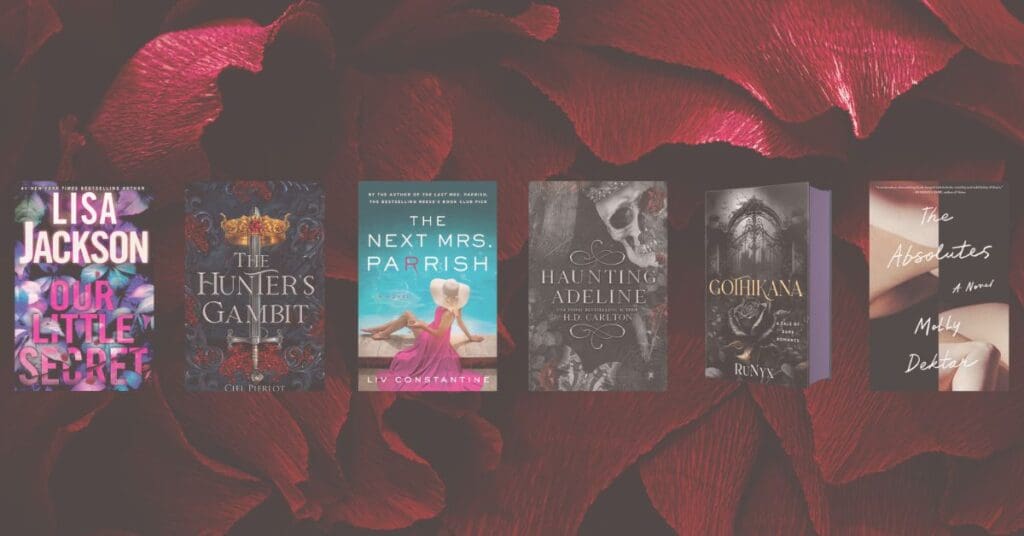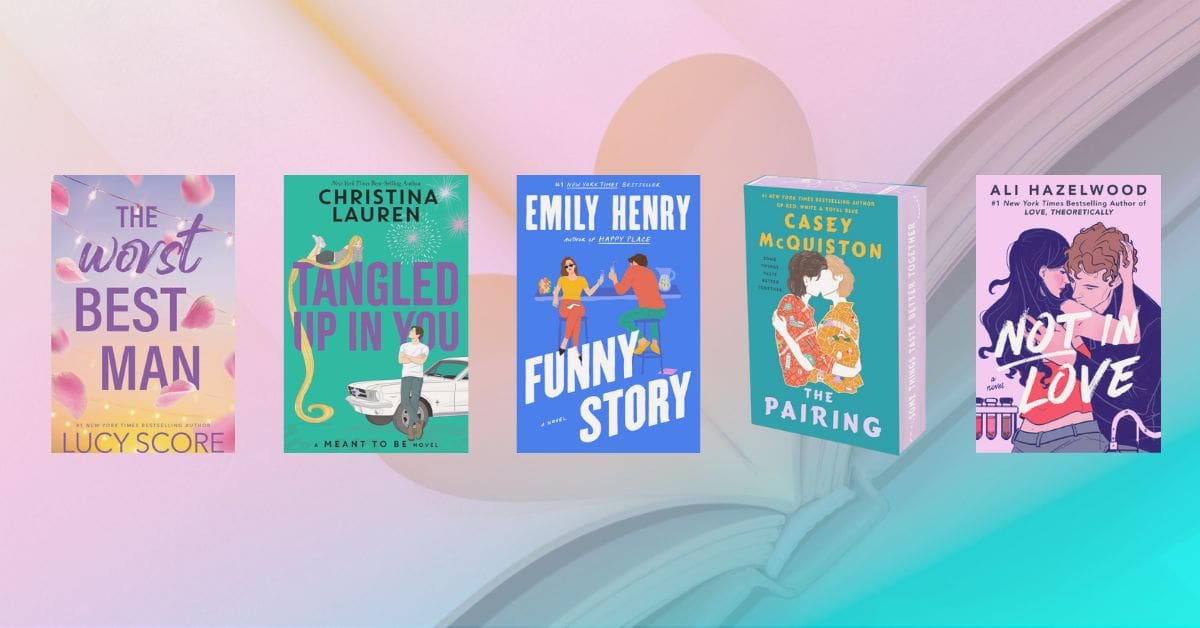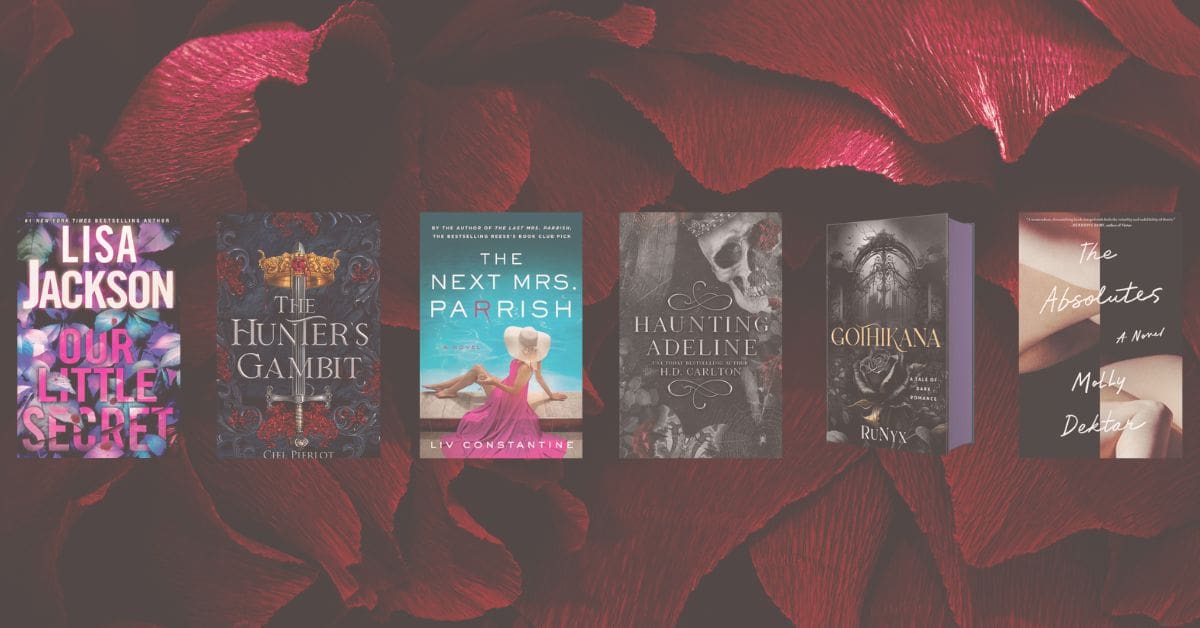What is Jazz Poetry?
In the realm of artistic expression, there exists a fascinating crossroads where words and music meld into a harmonious union known as jazz poetry. Born out of the vibrant cultural landscape of the early 20th century, jazz poetry weaves the rhythms, improvisation, and emotional depth of jazz music into the fabric of poetic verse. This unique fusion has produced timeless works of art and profoundly impacted the world of literature and music.
So, what is jazz poetry, and who are some of the influential pioneers who have molded this rhythmic genre? In this article, we will explore the world of jazz poetry and celebrate some of the iconic poems that define this beautiful art form.
Timeless Works of Art
At its essence, jazz poetry is a literary form that captures the soulful spontaneity of jazz music through words. It’s a dynamic form of artistic expression that melds the free-flowing nature of jazz with the evocative power of poetry. Jazz poetry often mirrors the jazz tradition of improvisation, embracing fluidity and experimentation within the structure of verse.
No exploration of jazz poetry can be complete without paying homage to Langston Hughes, one of its most illustrious pioneers. Hughes, a towering figure in the Harlem Renaissance, possessed an innate ability to capture the rhythms of life through his verses. His poetry often danced to the syncopated beats of jazz, painting vivid pictures of Harlem’s vibrant nightlife and the struggles of African Americans during his time.
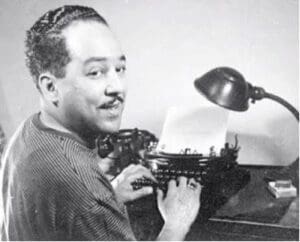
Hughes’ iconic poem “The Weary Blues” stands as a quintessential example. With its evocative imagery and rhythmic cadence, the poem vividly transports readers to a smoky jazz club. Where the pianist’s fingers dance across the keys and the singer’s voice wails with the soulful anguish of the blues.
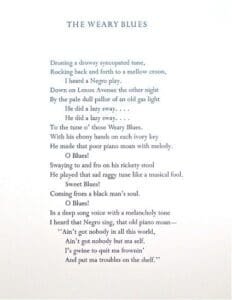
In “Jazzonia,” written in 1923, Hughes portrays the vibrant and bustling world of jazz in the heart of the city. He uses evocative imagery and a syncopated rhythm to depict the energy and vitality of jazz music.
While Langston Hughes remains a towering figure, jazz poetry has inspired numerous artists to weave their own distinctive tapestries of words and music. Here are a few other notable examples:
Amiri Baraka: Formerly known as LeRoi Jones, Baraka was a key figure in the Black Arts Movement. His poem “In Memory of Radio” skillfully captures the unpredictable energy of jazz.
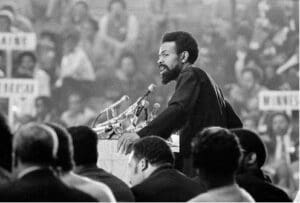
“& love is an evil word.
Turn it backwards/see, see what I mean?
An evol word. & besides
who understands it?
I certainly wouldn’t like to go out on that kind of limb.”
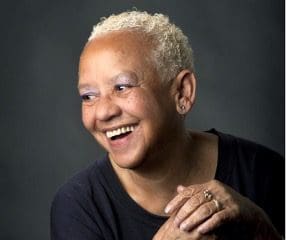
Nikki Giovanni: Giovanni’s poem “Poem for Aretha” pays tribute to the Queen of Soul, Aretha Franklin, while she infuses the spirit of gospel and jazz into her words.
“She’s more important than her music—if they must be separated—
and they should be separated when she has to pass out before
anyone recognizes she needs
a rest and I say I need
Aretha’s music
she is undoubtedly the one who put everyone on
notice.”
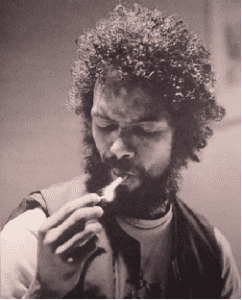
Gil Scott-Heron, often referred to as the “Godfather of Rap,” Scott-Heron’s spoken-word style was heavily influenced by jazz. As seen in his iconic piece “The Revolution Will Not Be Televised.”
“You will not be able to stay home, brother.
You will not be able to plug in, turn on and cop out.
You will not be able to lose yourself on skag
and Skip out for beer during commercials,
Because the revolution will not be televised.”
The Enduring Legacy
Jazz poetry, with its innovative blend of music and verse, has left an indelible mark on the world of literature and spoken word. It continues to evolve, adapting to new rhythms and influences while preserving its core essence.
As we delve into this world, we find ourselves transported to the smoky clubs of Harlem. The vibrant streets of New Orleans, and the heart of a musical revolution. It is a form of art that resonates with the improvisational spirit of jazz itself. It not only captures the essence of the human experience in a symphony of words and music.
Enjoyed these poetry collections about Jazz Poetry? Check out this article on our favorite poetry collections. Sign up for more poetry and romance articles now!
